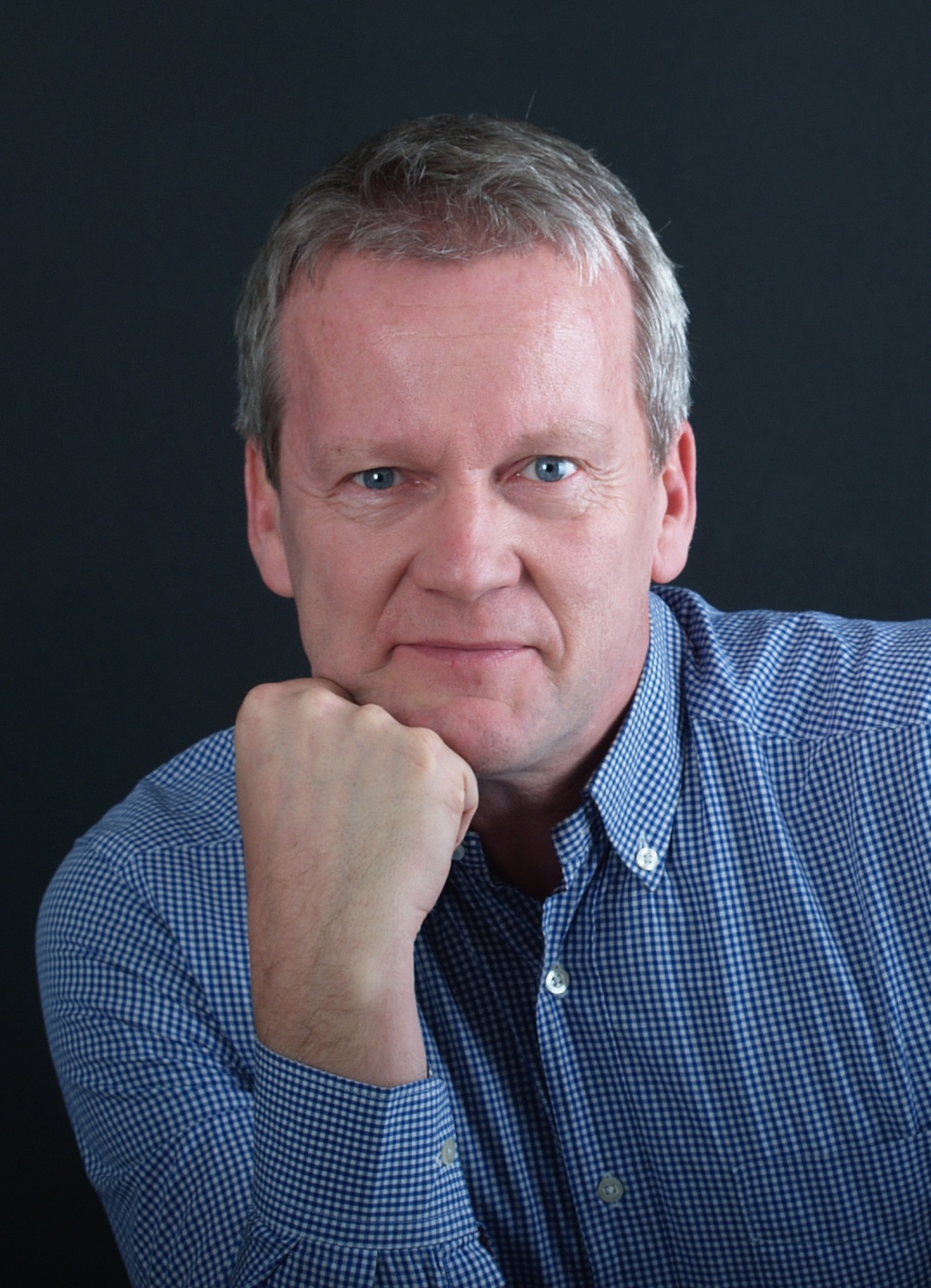NIS International Research-to-Practice Conference
Inspirational Speakers

Keynote Speakers
Pasi Sahlberg
Pasi Sahlberg is Finnish educator, author and scholar.
Pasi Sahlberg is a Finnish educator, author, and scholar. He has worked as schoolteacher, teacher educator, researcher, and policy advisor in Finland and has studied education systems and reforms around the world. He has published widely about these topics, his book “Finnish Lessons 2.0: What Can the World Learn from Educational Change in Finland” won the 2013 Grawemeyer Award. He is also a recipient of 2012 Education Award in Finland, 2014 Robert Owen Award in Scotland, 2016 Lego Prize, and Rockefeller Foundation Bellagio Resident Fellowship in 2017. He is a former director general at the Finland’s Ministry of Education and a visiting Professor of Practice at Harvard University’s Graduate School of Education. He chairs the Open Society Foundations’ Education Board and is a member of the Governing Board of the University of Oulu. His recent books are “Empowered Educators in Finland” (2017) and “FinnishED Leadership: Four Big, Inexpensive Ideas to Transform Education” (2018). Twitter: @pasi_sahlberg.
